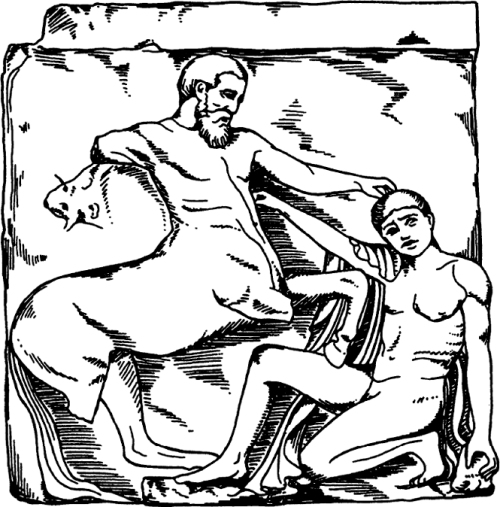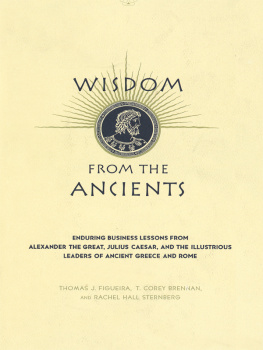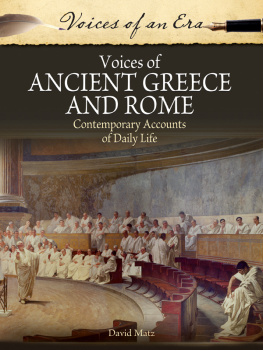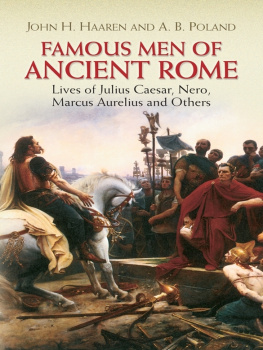Many of the designations used by manufacturers and sellers to distinguish their products are claimed as trademarks. Where those designations appear in this book and Perseus Publishing was aware of a trademark claim, the designations have been printed in initial capital letters.
Copyright 2001 by The Winthrop Group
All rights reserved. No part of this publication may be reproduced, stored in a retrieval system, or transmitted, in any form or by any means, electronic, mechanical, photocopying, recording, or otherwise, without the prior written permission of the publisher. Printed in the United States of America.
A CIP catalog record for this book is available from the Library of Congress.
ISBN 0-7382-0373-4
eBook ISBN: 9780786748693
Perseus Publishing is a member of the Perseus Books Group.
Find us on the World Wide Web at http://www.perseuspublishing.com
Perseus Publishing books are available at special discounts for bulk purchases in the U.S. by corporations, institutions, and other organizations. For more information, please contact the Special Markets Department at the Perseus Books Group, 11 Cambridge Center, Cambridge, MA 02142, or call (617) 2525298.
Text design by Jeffrey P. Williams
Set in 11-point Bembo by Perseus Publishing Services
First printing, October 2001
1 2 3 4 5 6 7 8 9 1004 03 02 01

INTRODUCTION

T his work arises out of the essence of our cultural heritage. The foundations of modern European and North American civilization lie in the societies of the ancient Greeks and Romans. They were our predecessors who first lived in states made up of citizens with complex social behaviors and fought struggles (sometimes all too savage) over the nature of a good and just way of living. Preeminently, they articulated their political values and beliefs in writing and codified them in law. The political ideals that in time animated the American founding fathers had their roots in the political orders of classical antiquity. Unsurprisingly, concepts that are now essential to political culture, such as politics, legislation, and democratic and republican forms of government, were formulated in the ancient world. Since the very notion of secular leadership is fundamentally an inheritance from ancient classical civilization, any consideration of the nature of leadership can profit from a long and studied glance at the experiences of the Greeks and Romans.
Naturally, management is a particular mode of leadership that we apply to the enterprises that supply both the material goods and the manifold services that characterize modern industrial and consumerist economies. Our material culture exploits mechanization of production, scientific technology, mechanical means of transportation, and instantaneous mass communication. that means that we can produce exponentially greater amounts of products and services than the Greeks and Romans and also that we are able to manipulate our environment much more dramatically than earlier people (even than those living a few centuries ago).
Because of the primitive methods and technology available for agriculture in the ancient world, most people living in pre-modern societies were necessarily involved in agriculture in a very hands-on fashion. Even our surviving family farms are much more productive and sophisticated establishments than the smallholdings of the ancient farmers that formed that backbone of the citizenry of classical city-states. To approximate the ancients life experience, we would do better to think about frontier farmers in colonial America. Moreover, most establishments producing goods in the ancient Mediterranean were quite modest in scale. Ancient nonagricultural workplaces were a bit more like the workshops of contemporary artisans (such as those operating at an area crafts fair) than like the factories that typified much twentieth-century production. These conditions apply despite many parallels, such as money, banks, investments, and elaborate maritime commerce.
It is telling that we derive our term economics (the discipline dealing with the creation, distribution, and consumption of goods) from the Greek work oikonomika, which means the study of household management, and our word economy from oikonomia, meaning the management of a household, for oikos is a house or household and nomoi are laws or rules. Accordingly, when Xenophon, an Athenian soldier, writer, and a friend of Socrates, wanted to provide a guide for managing ones estate, he called it the Oikonomikos, or The Household Manager. When the great philosopher Aristotle and his students in the Lyceum, the philosophical school he founded, wanted to collect and systematize material on public management, they called their treatise the Oikonomika. In fact, small-scale, domestic administration so prevailed in the Greek way of looking at things that they tended to extrapolate up the hierarchy of magnitude from the ordinary household. They spoke not only of domestic or city oikonomia or management, but also of the oikonomia of the controllers of larger units. These were satraps, the governors that the king of Persia placed over whole conquered peoples in the Near East, and the Great King himself, the Persian shah who was the master of the worlds largest empire.
Hence, most of what ancient writers said about management has been derived from the political and military sphere of action rather than from the various forms of household management that have just been mentioned. This work will not neglect ancient advice on business in a stricter sense, however. For example, we will revisit our new friend Xenophon on a number of occasions for his wisdom on handling business affairs. We shall also better understand how to lead from the thoughts and careers of controversial personalities such as Alexander the Great and Julius Caesar, whom no one could keep down on the farm, or like Socrates, whose neglect of his stoneworking shop aroused the ire of his nagging wife. Although we have mixed in some philosophical analysis on management, much of the advice comes either in the form of admonition from the great minds of antiquity or in the form of anecdotes. Ancient authors knew how to let events, with a little creative massaging, educate on their own. Indeed, many of these stories have a liveliness and wit that transcend any single reading of their message.


















